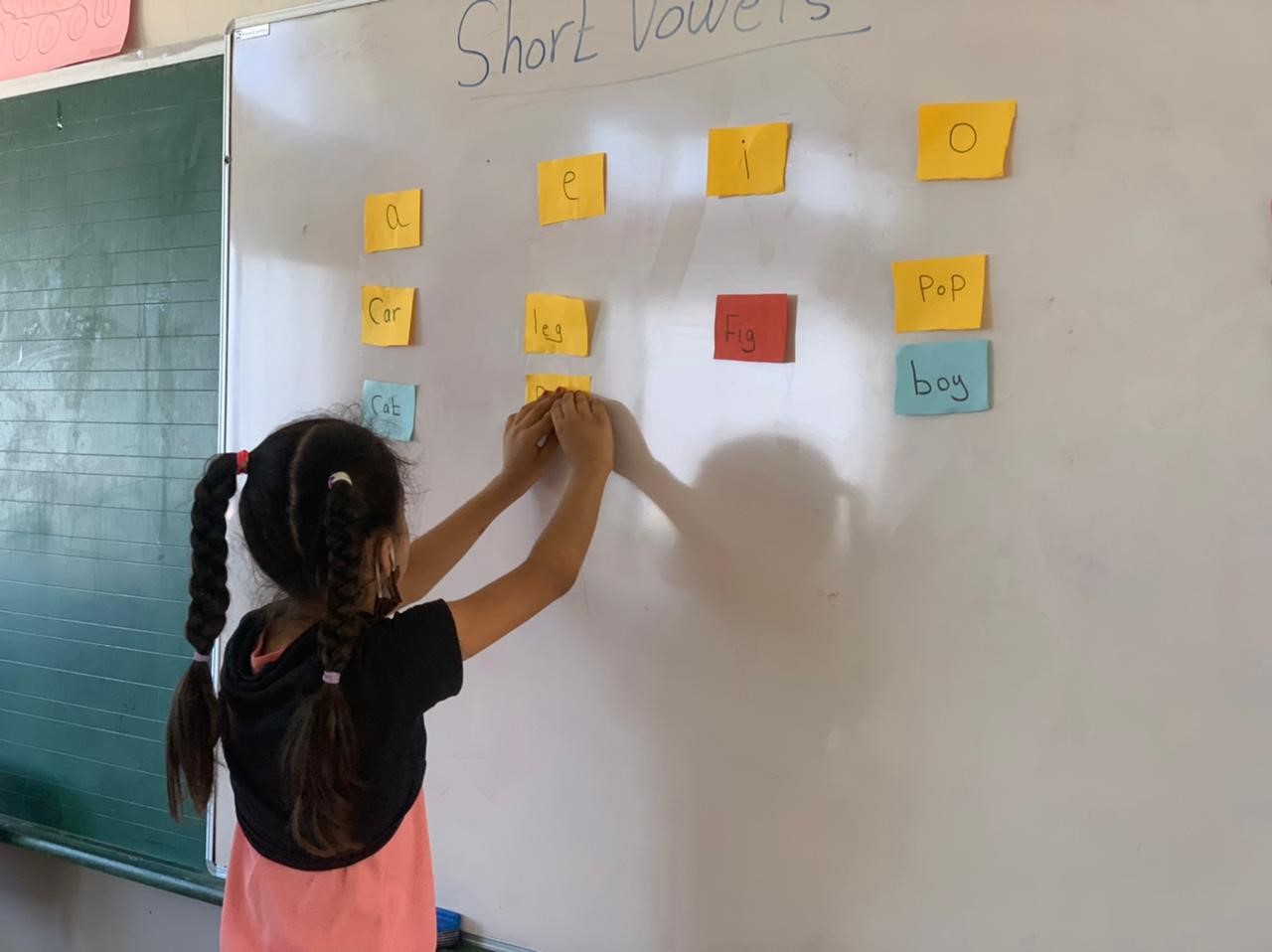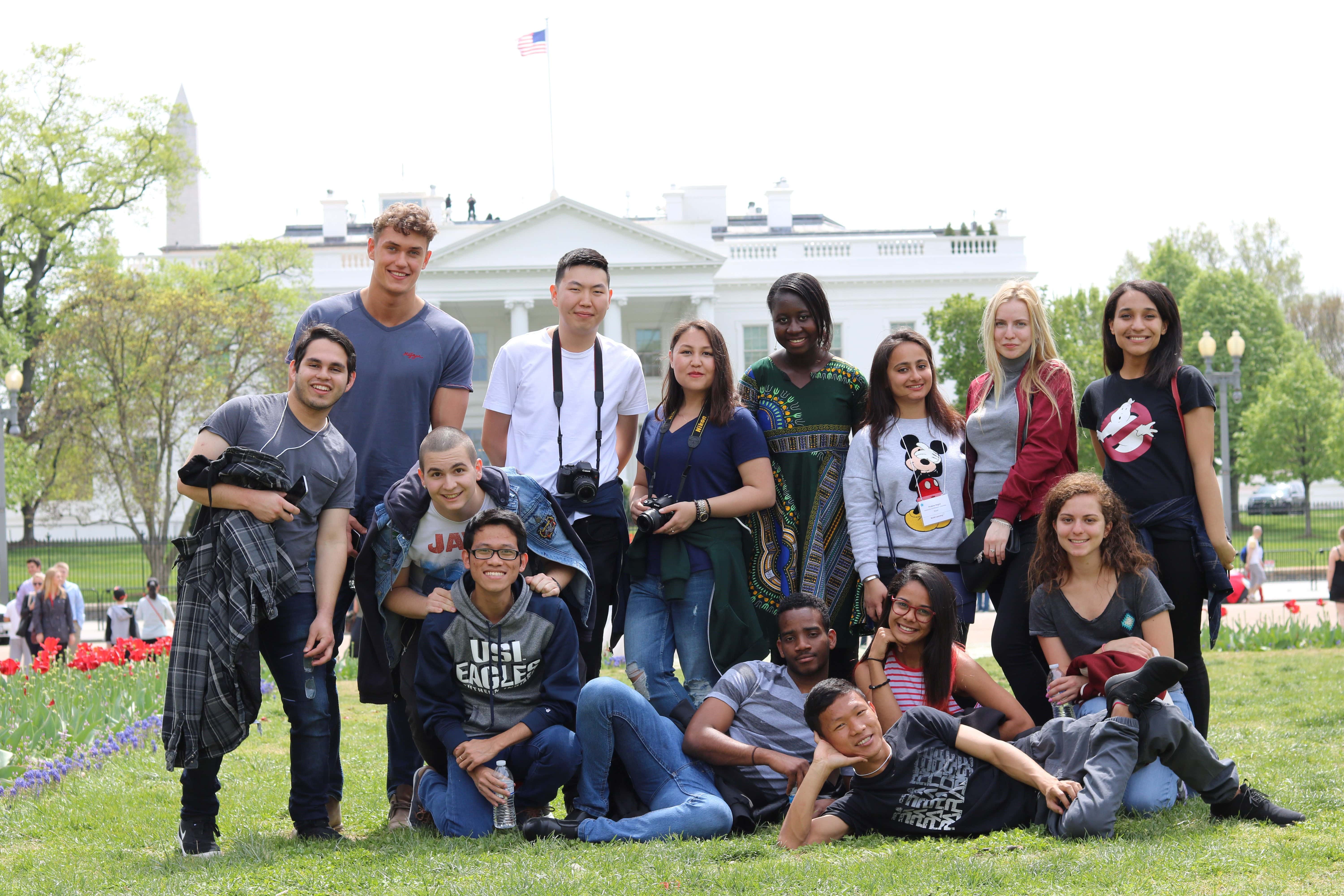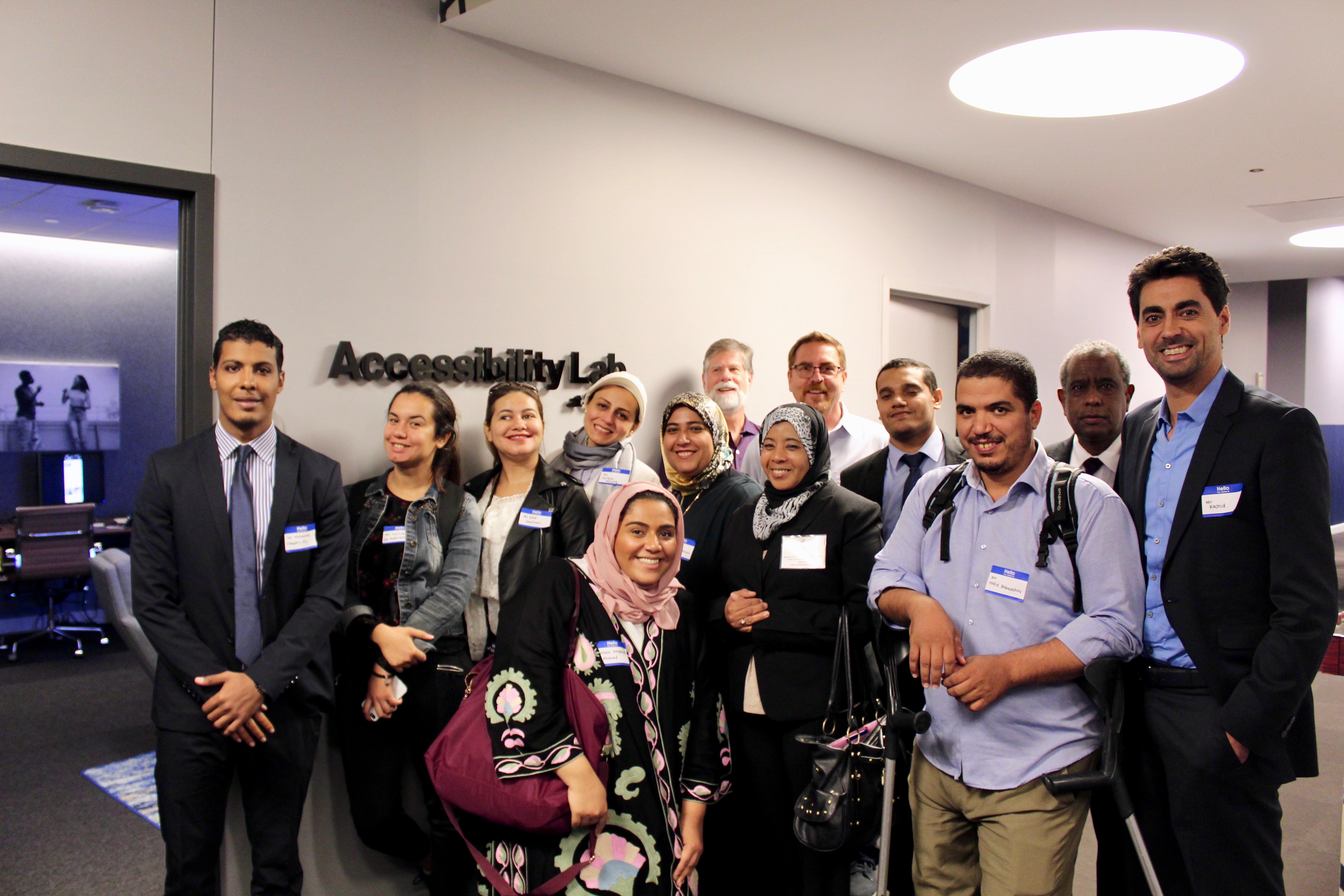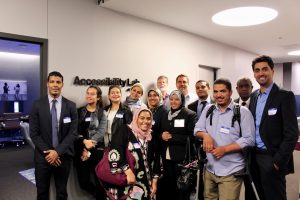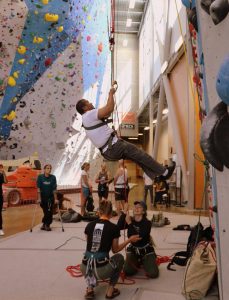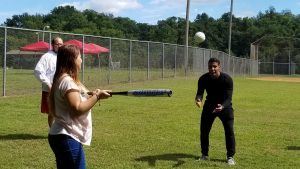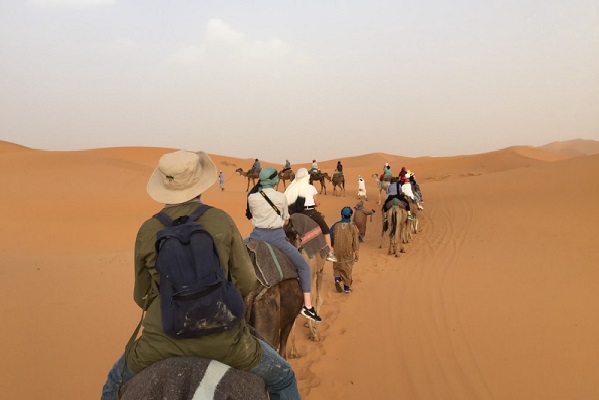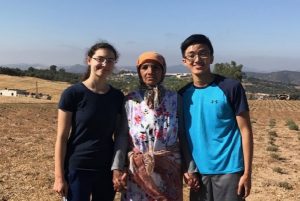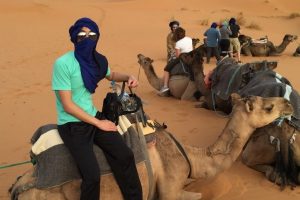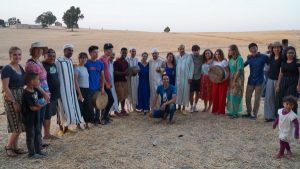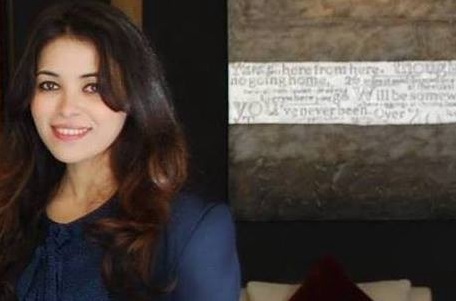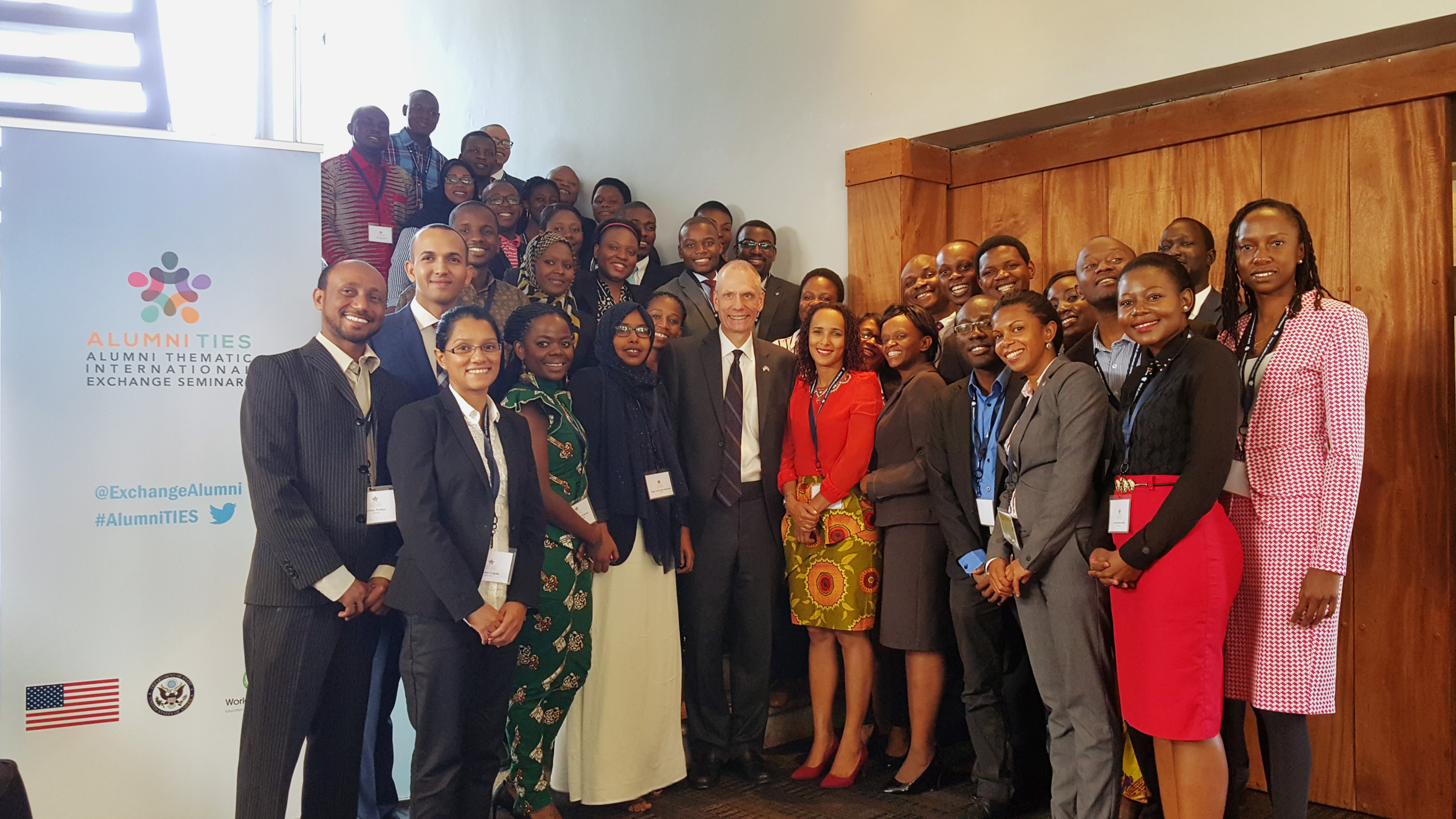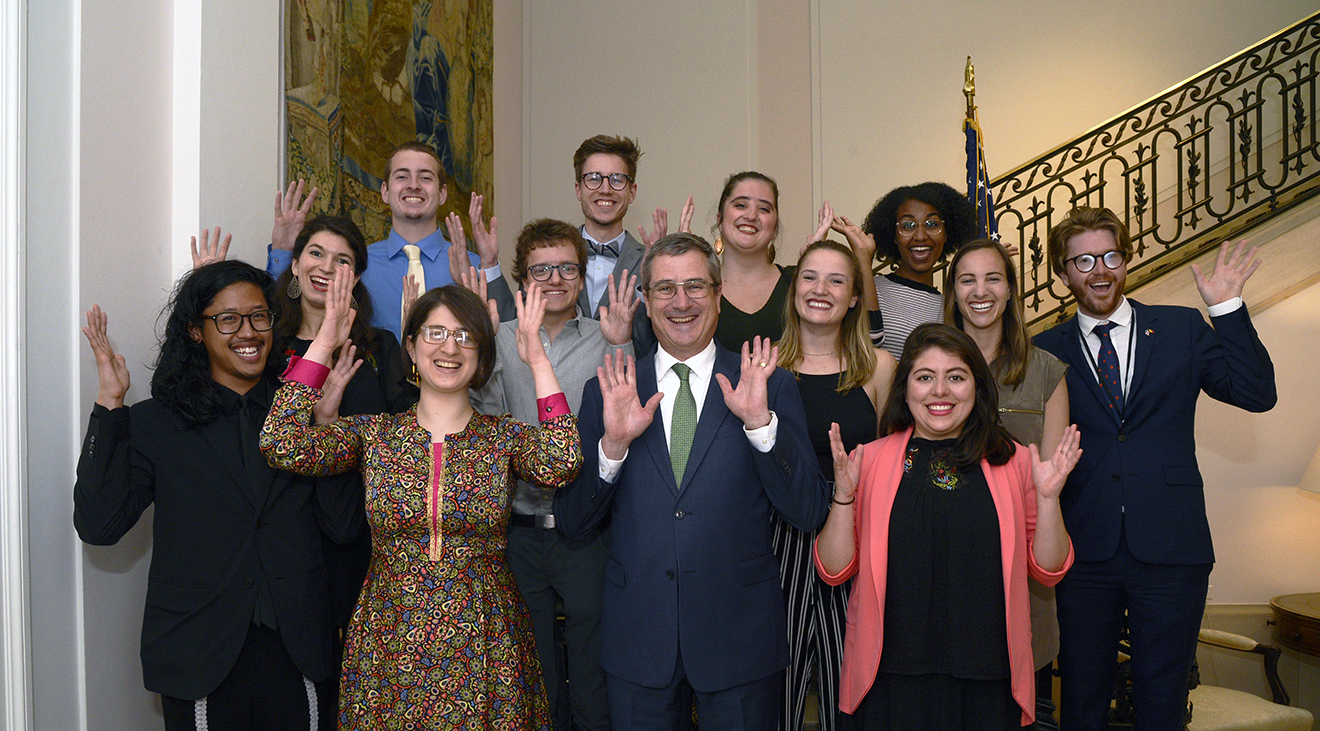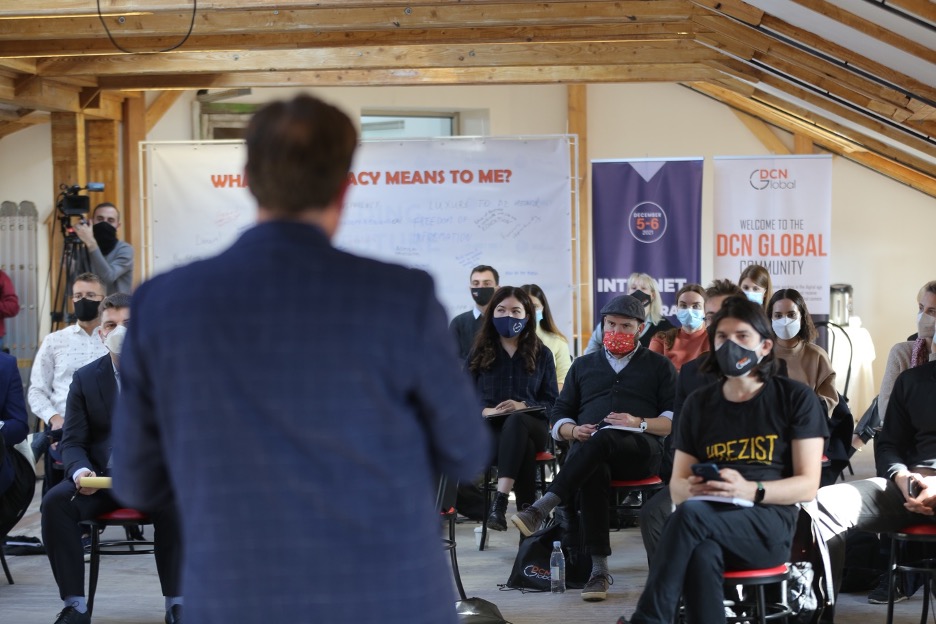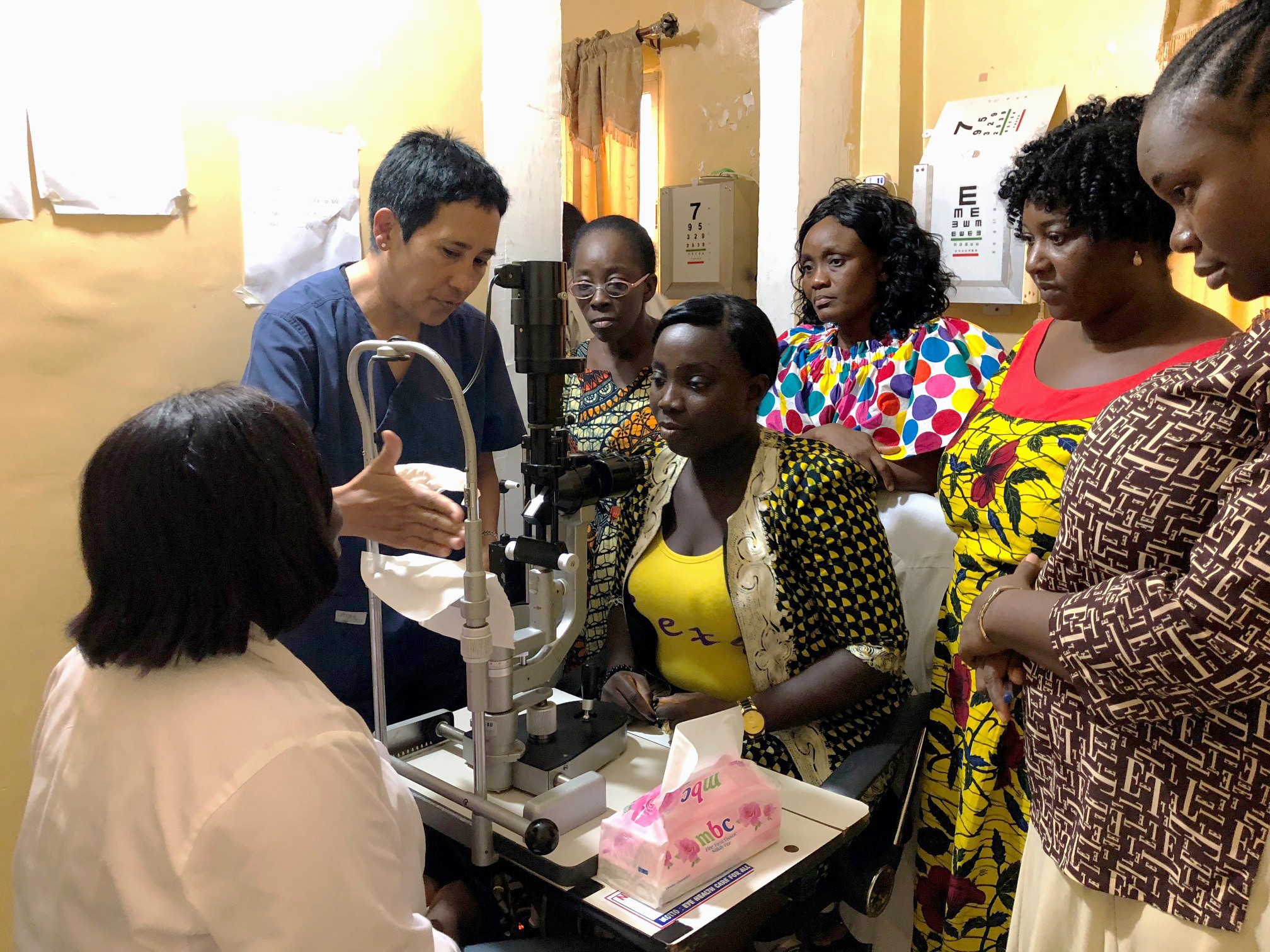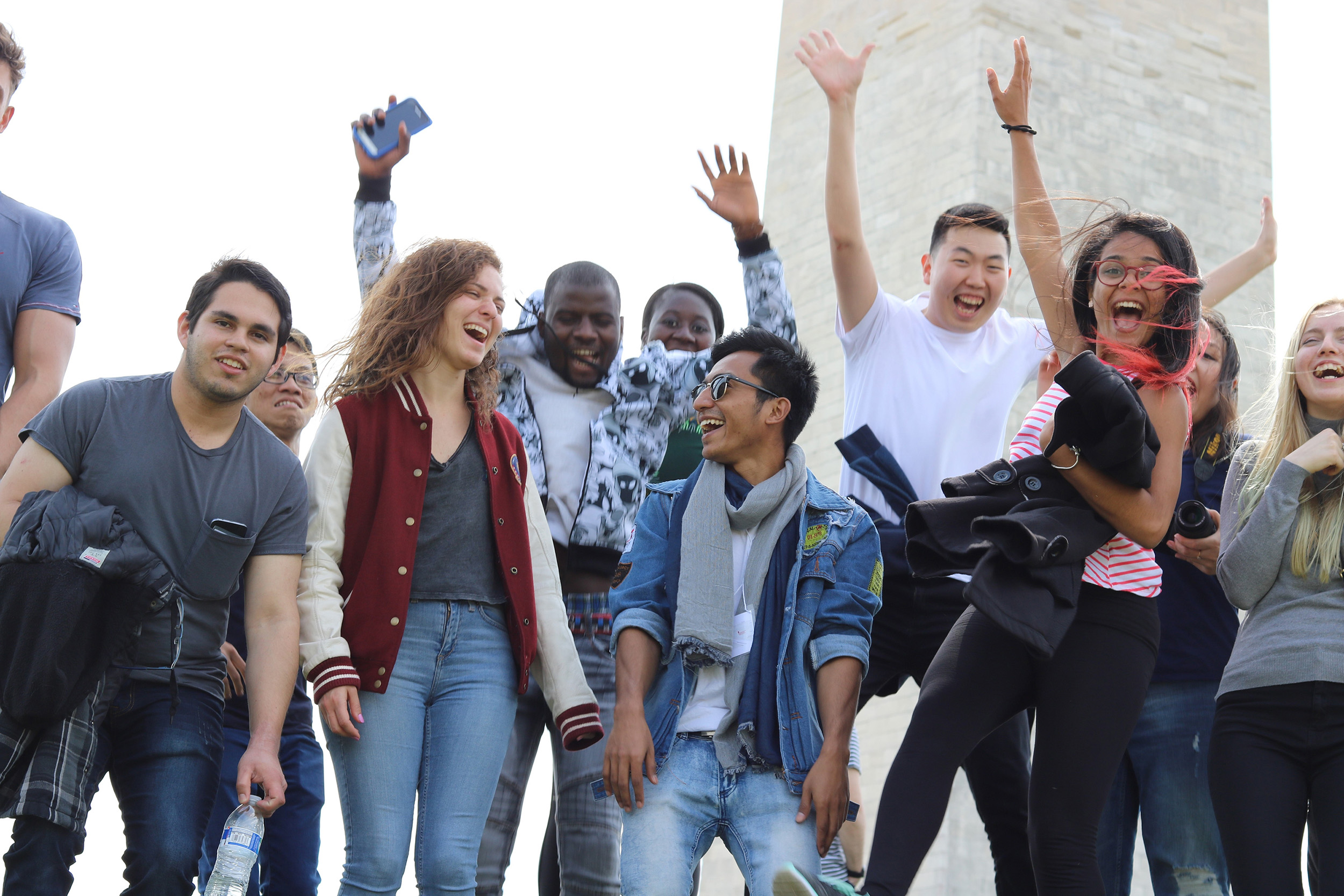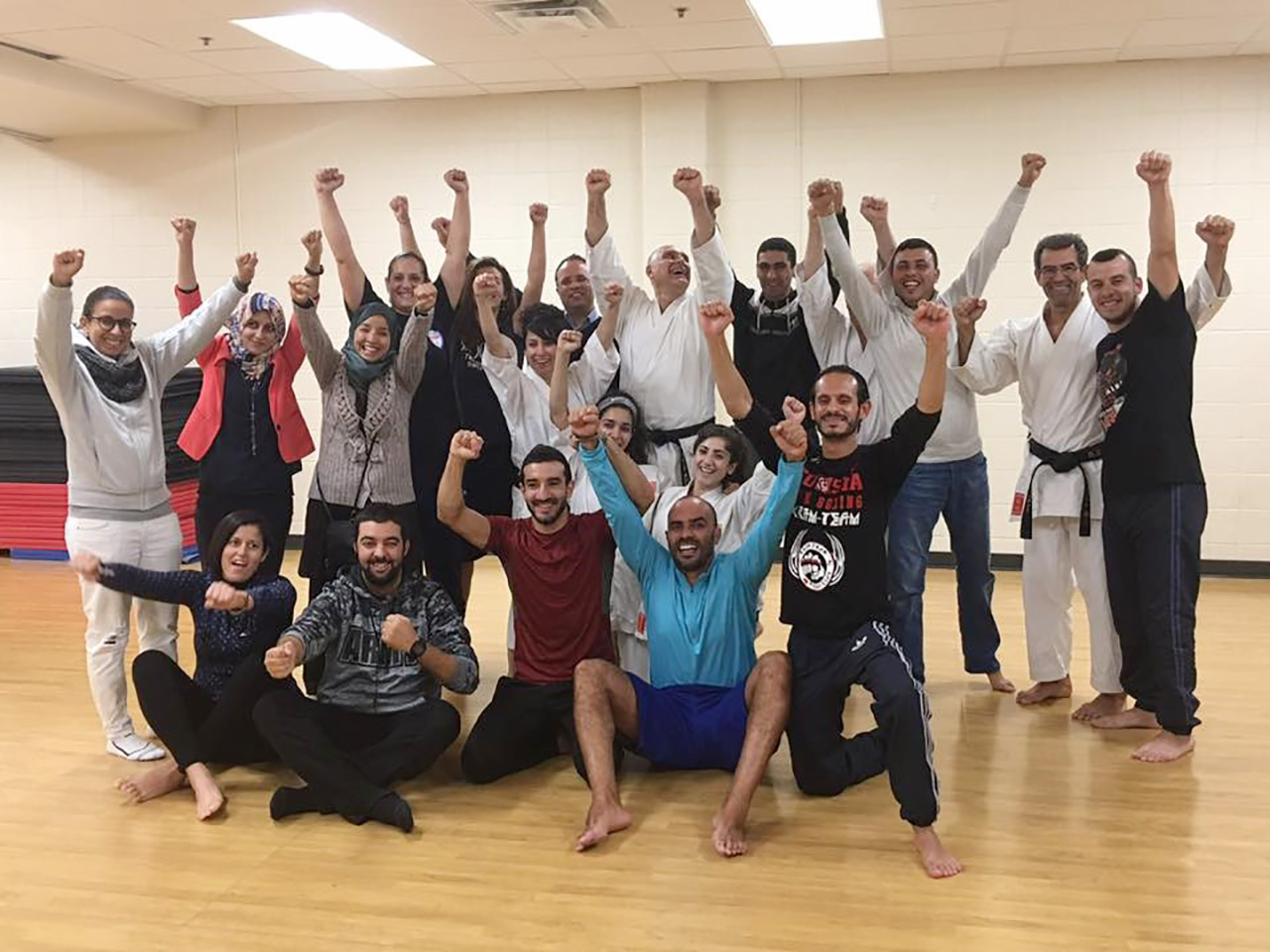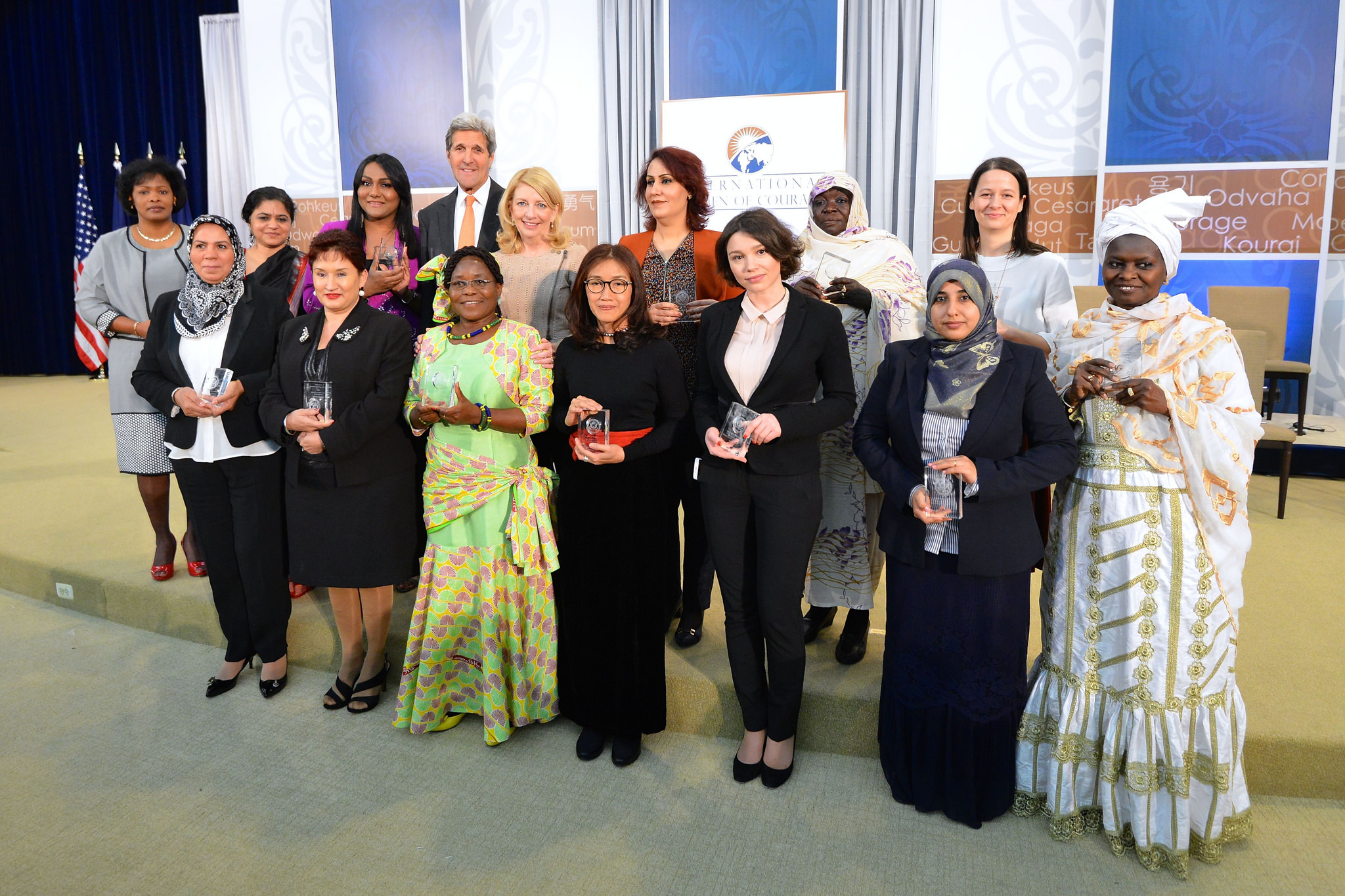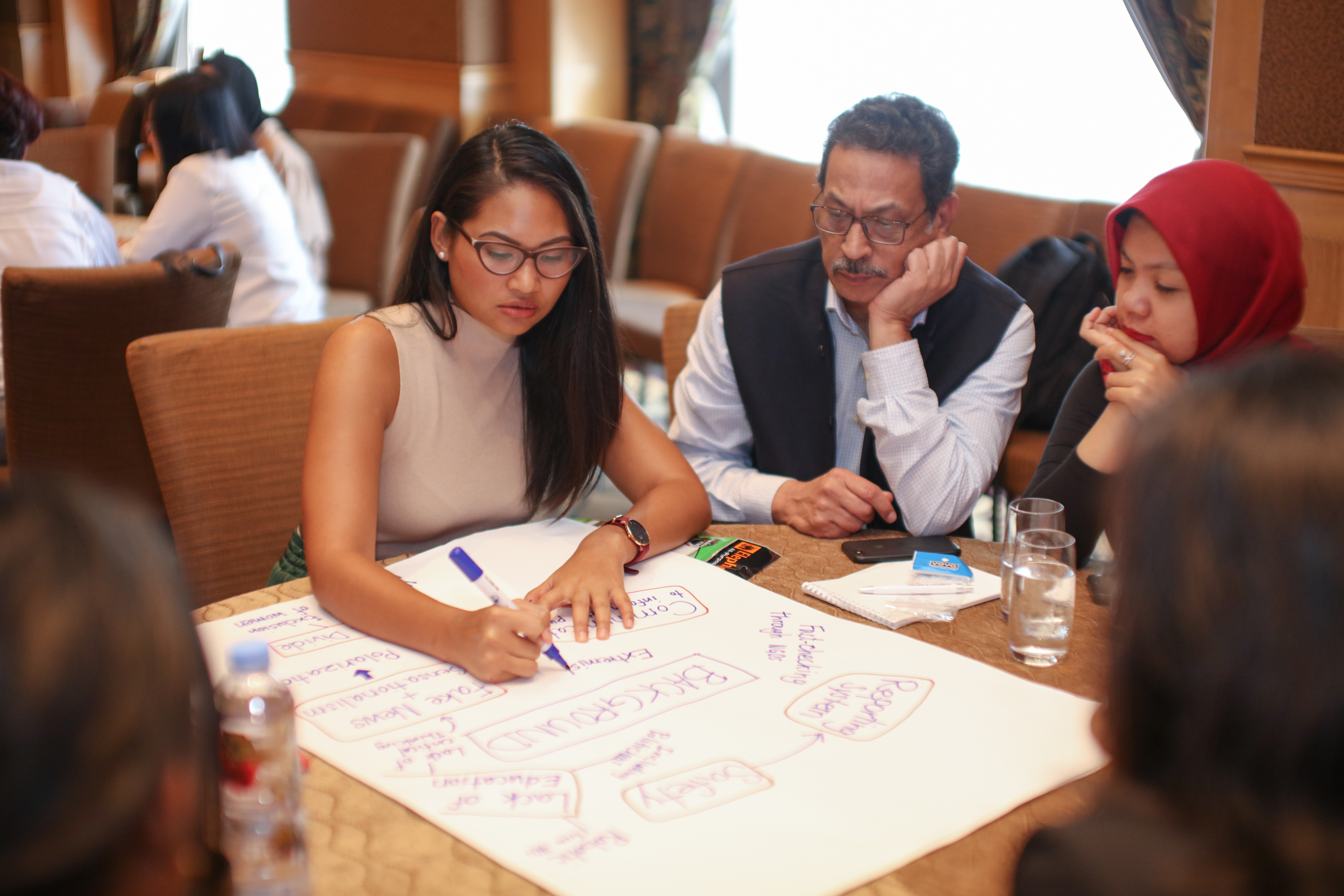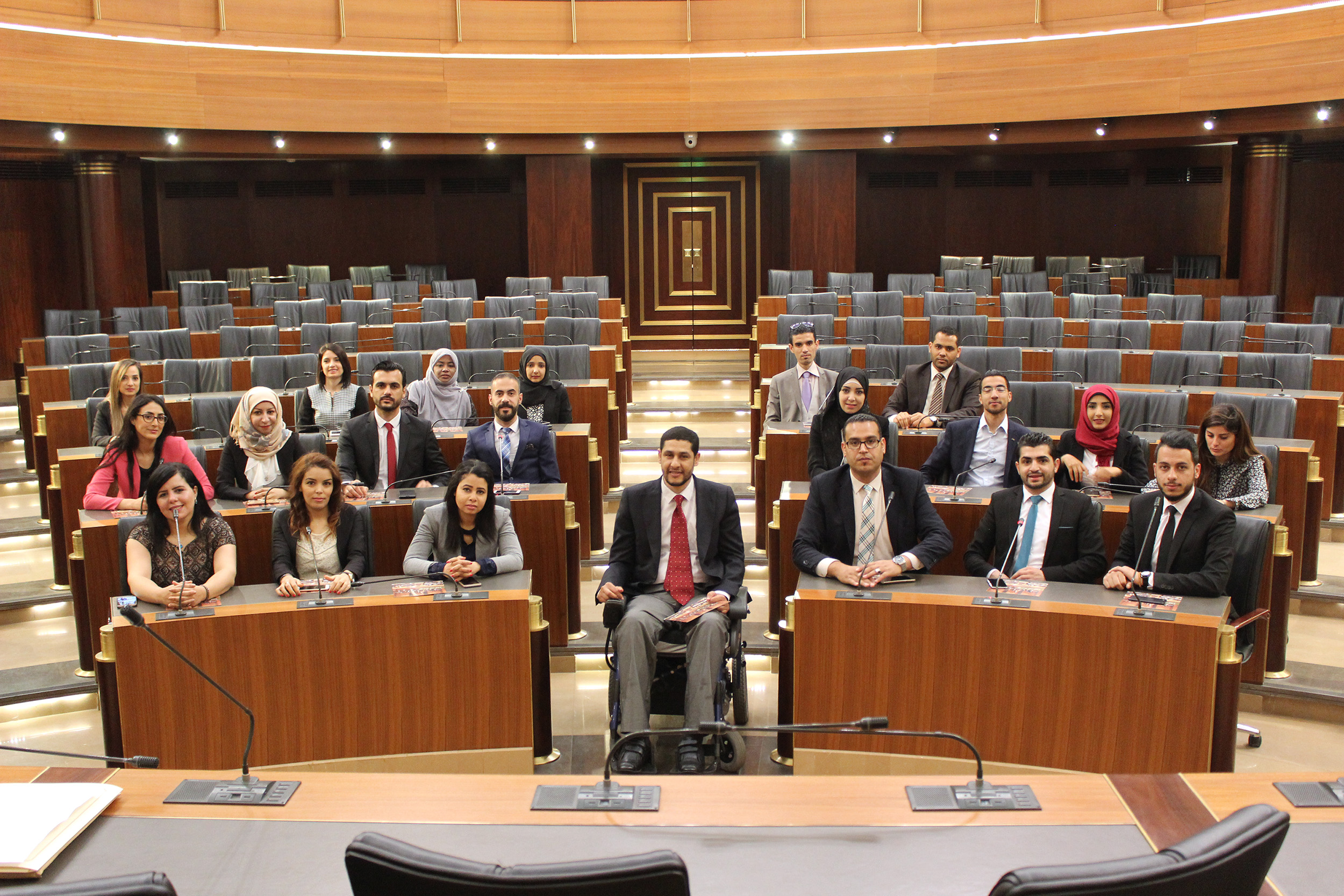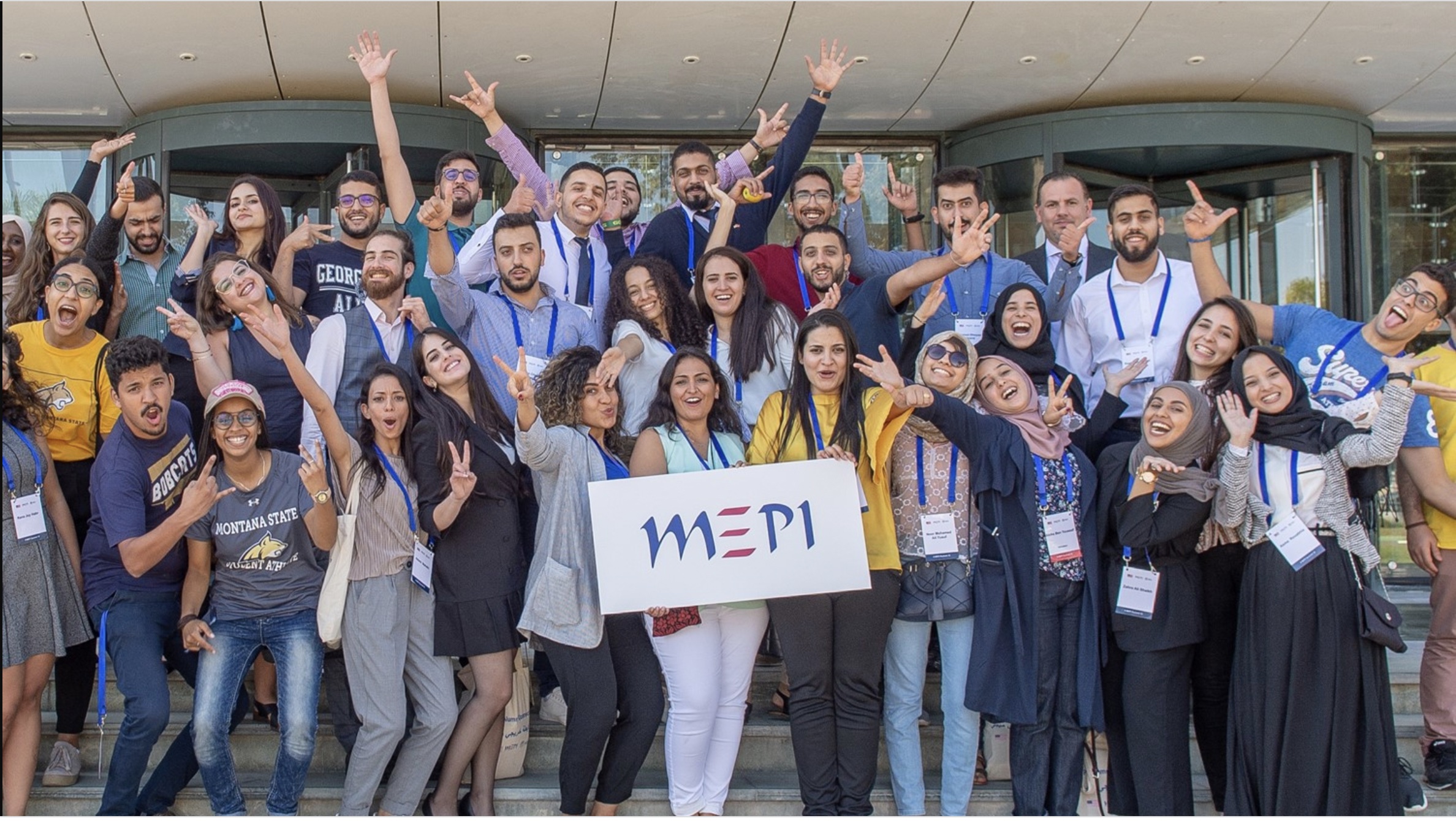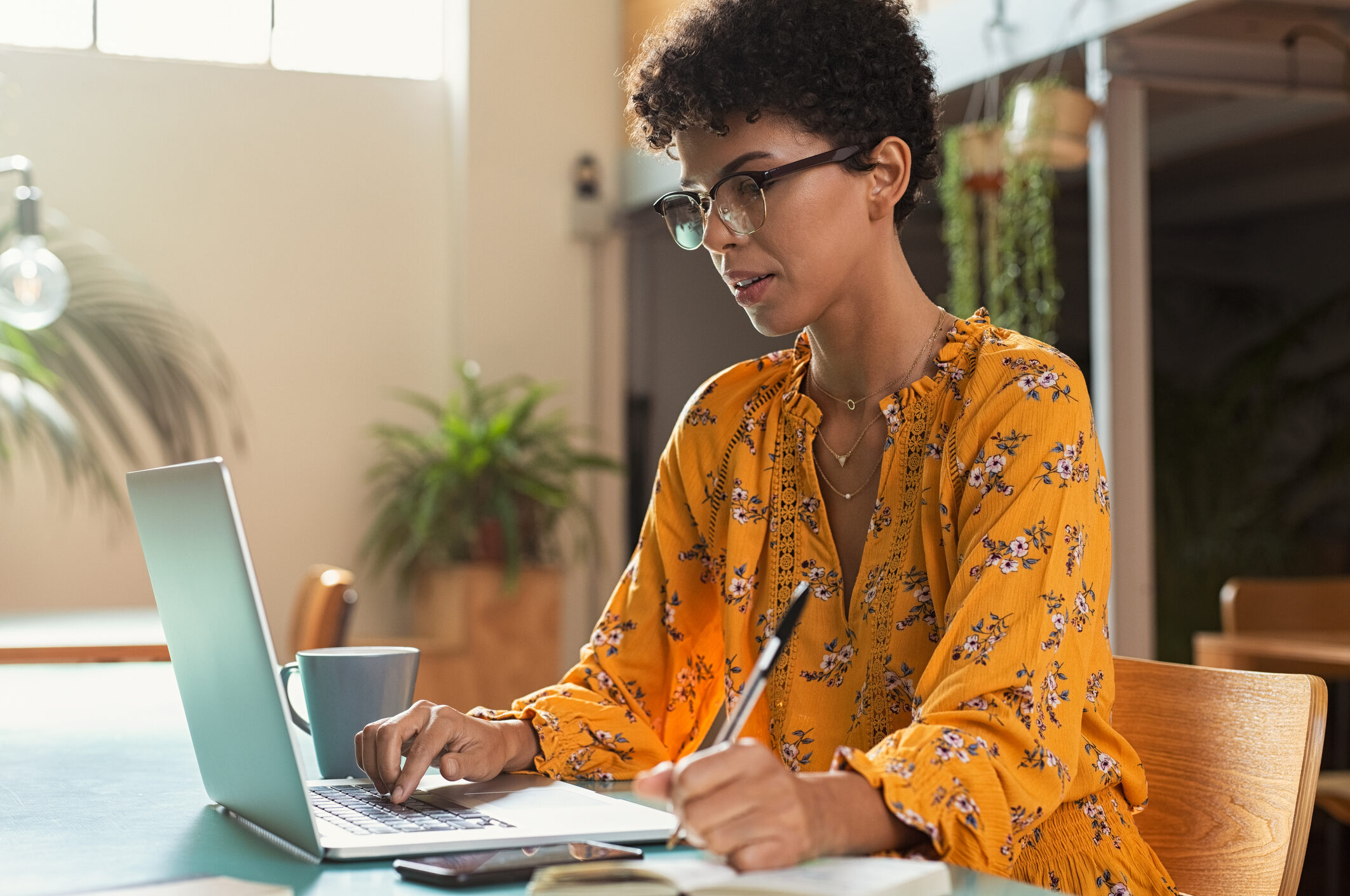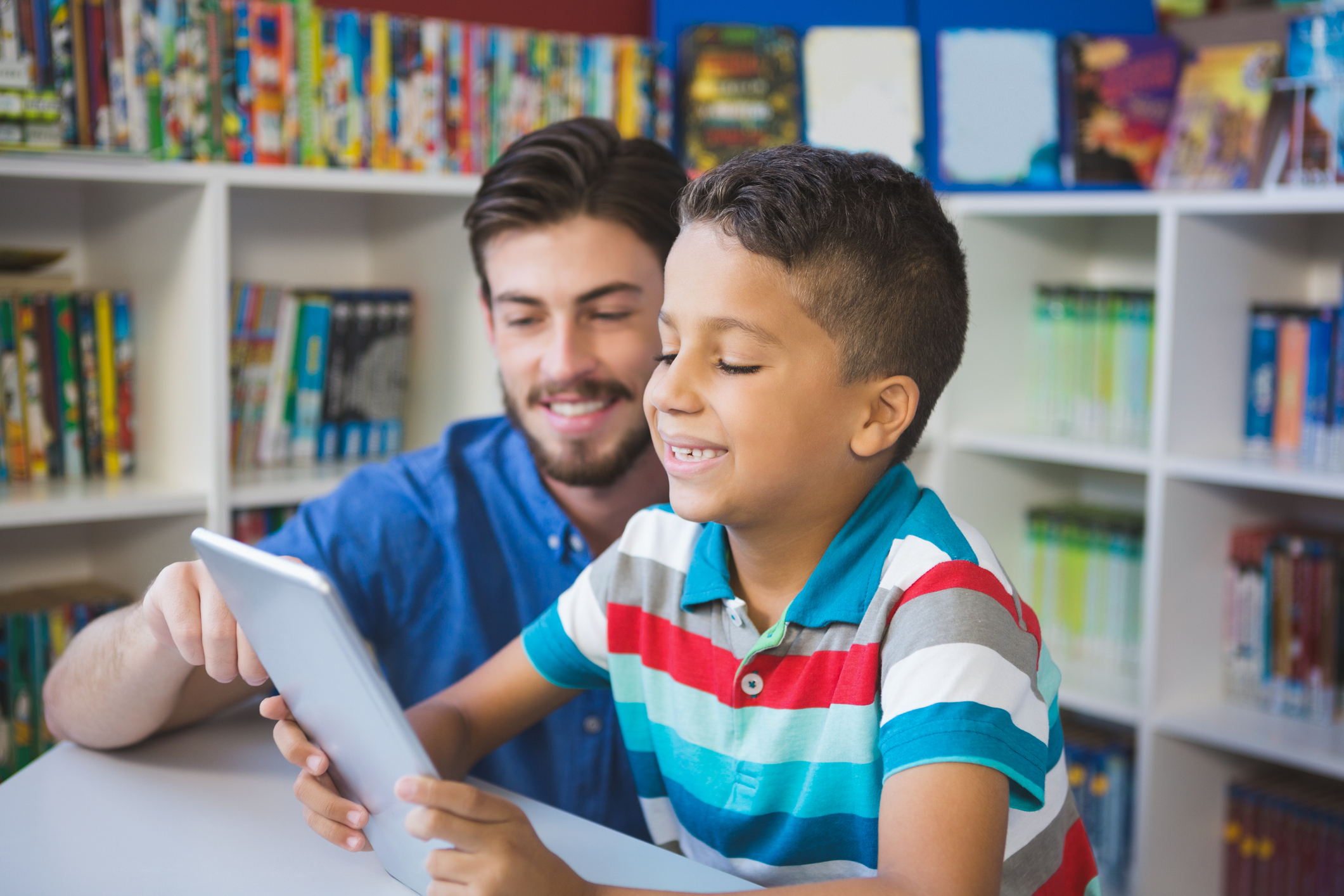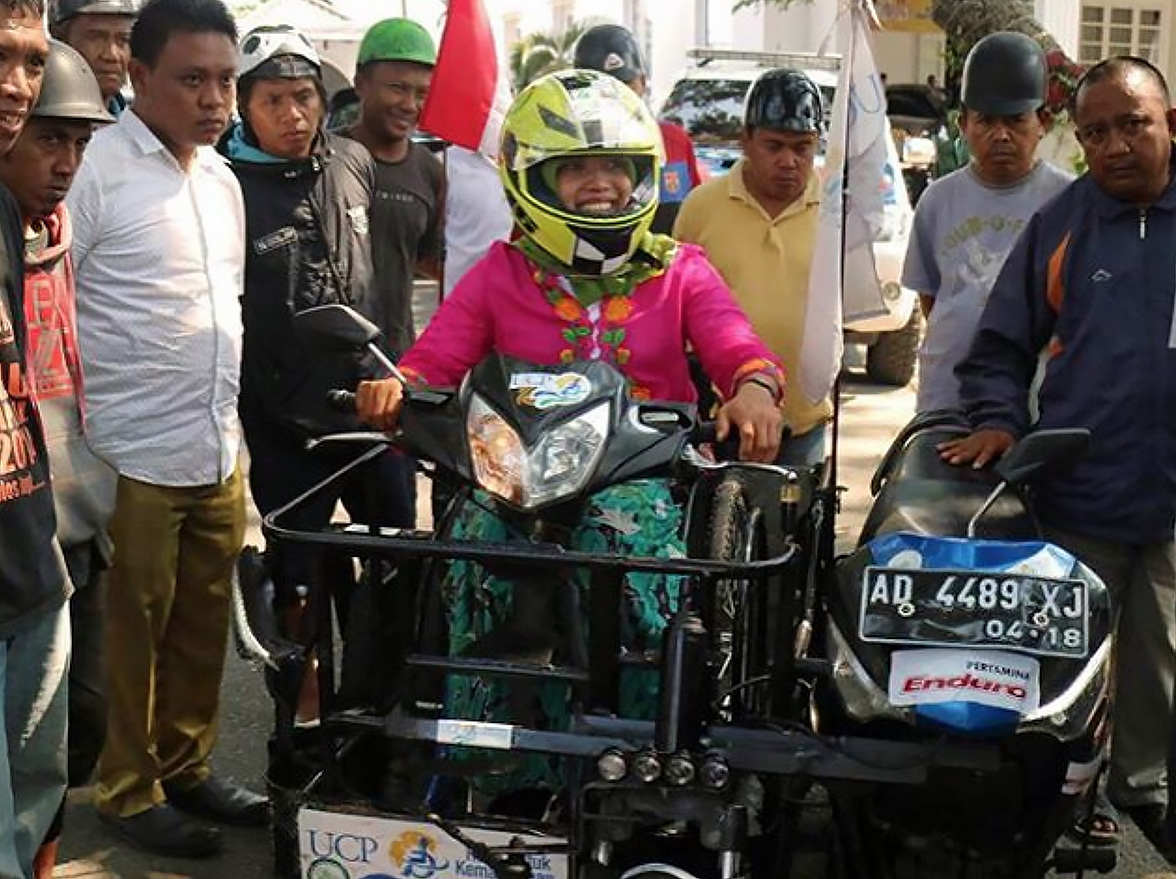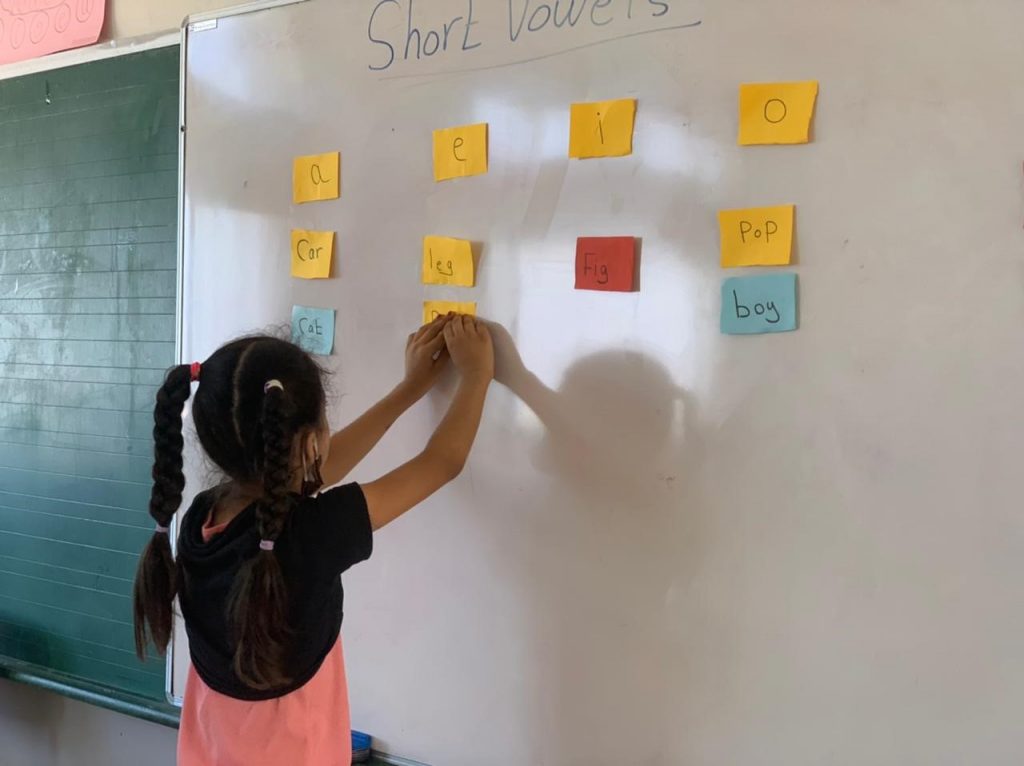
September 8 is International Literacy Day, designated by UNESCO to remind us of the importance of literacy as a matter of dignity and human rights, and to advance toward a more literate and sustainable society. We focus on two World Learning literacy programs, in Lebanon and Morocco, aimed at promoting and supporting this essential mission.
QITABI 2 Summer Program Tackles Wide-Ranging Needs of Lebanon’s Schoolchildren
By Dr. Wafa Kotob and Rajani Shrestha
Students of all ages crowded the small entrance of Omareyya Elementary Public School in Zahle, South Lebanon looking forward to the in-person educational activity they have not had for almost two years. Even though it was summer, the students were excited to take part in a catch-up learning program.
“These kids have been at home for too long and we are so happy they are finally in the school building and able to interact with their peers,” said one parent.
Throughout Lebanon, 300 public and private schools opened their doors to more than 40,000 children this summer for a program aimed at helping the students get ready for the coming academic year.
The USAID-funded QITABI 2 program, in collaboration with Lebanon’s Ministry of Education and Higher Education, launched the summer catch-up program for primary school students in grades 1 to 6. The six-week, in-person program focused on young learners’ well-being to help them get back on track as they start the new academic year.
The summer program was received enthusiastically by parents, students, and educators as Lebanon spirals through the unprecedented turmoil of compounded crises — political uprising, COVID-19, economic collapse, and the devastating Beirut port explosion.
Two studies — the Rapid Education Risk Analysis and the Learning Recovery Study — conducted by QITABI 2, have demonstrated the impact of the shocks and stressors that have either amplified existing threats to children’s rights to education or given rise to new risks and challenges.
The Learning Recovery Study showed that over 90 percent of the students in grades 2 and 3 are reading at a beginner level, well below their expected grade levels. Parents, teachers, and principals also highlighted the urgency of taking action to support students’ emotional well-being through well-designed psycho-social support programs. Forty-five percent of teachers and 74 percent of principals reported that most of their students in grades 2 and 3 feel anxious or sad.
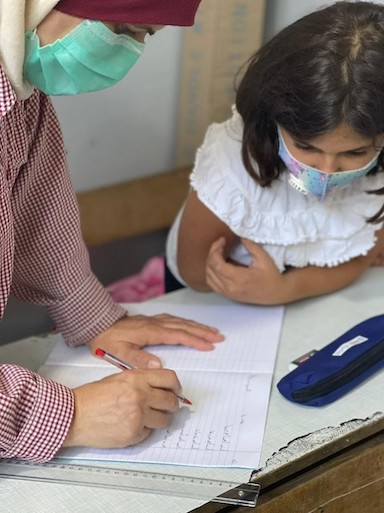
To address their students’ immediate academic and social and emotional needs, teachers assessed students’ reading in Arabic, English/French, and math to provide specialized instruction across all learning levels. QITABI 2 interventions also integrated social and emotional learning into the literacy and numeracy curricula, along with standalone activities to promote competencies such as executive function/cognition, emotion regulation, positive social skills, and conflict resolution.
Before launching the summer program in schools, QITABI 2 hosted capacity-building workshops with more than 100 trainers and mentors who, in turn, trained the teachers. The workshops covered the project’s holistic learning approach, which draws on connectedness, social and emotional learning, and inclusion, to ensure that children gain the reading, writing, math, and social and emotional skills that are foundational to their future learning and success.
Participants were also provided with a robust set of teaching and learning materials developed by QITABI 2 in alignment with the national curriculum. These math and reading lessons incorporate assessments that help teachers to identify struggling learners and the skills for which they need help.
QITABI 2 has deployed specially trained learning facilitators, who are based throughout the country, to provide coaching and support to schools and teachers as they carry out the learning program. Areas of support include accessing the digital materials, implementing diagnostic assessments, and consolidating student and teacher data.
QITABI 2 reaches more than 338,000 students from 1,307 schools in Lebanon, including students registered in 320 afternoon shift that serves the Syrian students. The project works with 1,300 administrators and 8,000 primary school teachers. World Learning leads QITABI 2 in partnership with Ana Aqra Association, American Lebanese Language Center, International Rescue Committee, and Management Systems International.
Dr. Wafa Kotob is chief of party and Rajani Shrestha is project director of Lebanon’s Quality Instruction Towards Access and Basic Education Improvement (QITABI) 2 program
World Learning Uses Online Teacher Training Expertise to Develop National Course in Morocco
By Dr. Kara McBride
World Learning has combined its expertise in evidence-based literacy practices with its sizeable experience in online teacher training to support a USAID-funded early-grade reading project in Morocco.
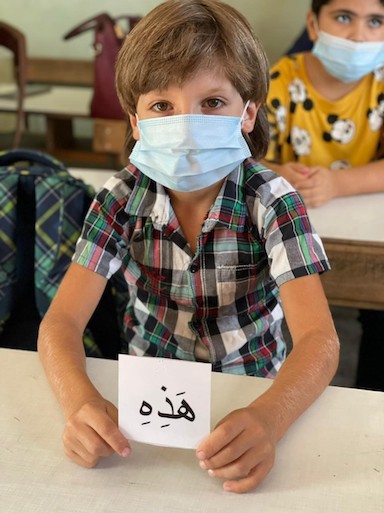
Given Morocco’s high teacher-to-supervisor ratio and challenges in visiting many remote areas in the country, the development of online teacher training was already a high priority for Morocco’s Ministry of Education (MOE). It became a top priority when the COVID-19 pandemic began. That’s when Creative Associates, the organizational lead of the National Program for Reading (NPR) in Morocco, reached out to World Learning, in part because of World Learning’s success developing “Teaching Struggling Readers Around the World,” a MOOC on multilingual literacy instruction that first ran in 2019 through collaboration between World Learning and The Chinese University of Hong Kong.
To improve a country’s public education system so that children grow up with stronger literacy skills, a deep understanding of how children learn to read and how teachers learn to teach is needed. During the summer of 2020, World Learning led a series of six workshops with 20 members of the Ministry of Education plus other people working on NPR from Creative Associates, members of the Center of Learning Technologies of Al Akhawayn University, and USAID.
Simultaneous interpretation between English and Arabic allowed for interactive, online workshops on Universal Design for Learning (UDL) and task design and assessment for online instruction in low-resource contexts.
Participants have since been applying what they learned in the workshops to the development of four online teacher training courses related to Arabic teaching in primary grades. The course on teaching reading is currently in the pilot stage.
Since the workshops, World Learning has provided coaching to the online training designers from the education ministry and the Center of Learning Technologies. This support has covered a range of topics, including graphic design, course navigation, and classroom scenario filming, in addition to regular review cycles of content and design.
Just as the reading course was going into piloting, Abdellatif Fergoug of The Ministry of National Education, Higher Education, Staff Training, and Scientific Research wrote, “I reiterate my thanks for the time you have devoted to consulting [on] this course and for the excellent quality of your comments.”
Morocco’s education ministry expects to roll out NPR’s early-grade reading online teacher training course nationwide shortly after the current pilot is completed. The target population includes 98,500 public primary school Arabic teachers and more than 3 million students. In addition to addressing in-service teacher training, the online teaching modules will be used in pre-service teacher training. In this way, the ministry plans to ensure that all teachers have access to the best methods for teaching literacy to young learners.
Dr. Kara McBride is a senior education specialist with World Learning.





